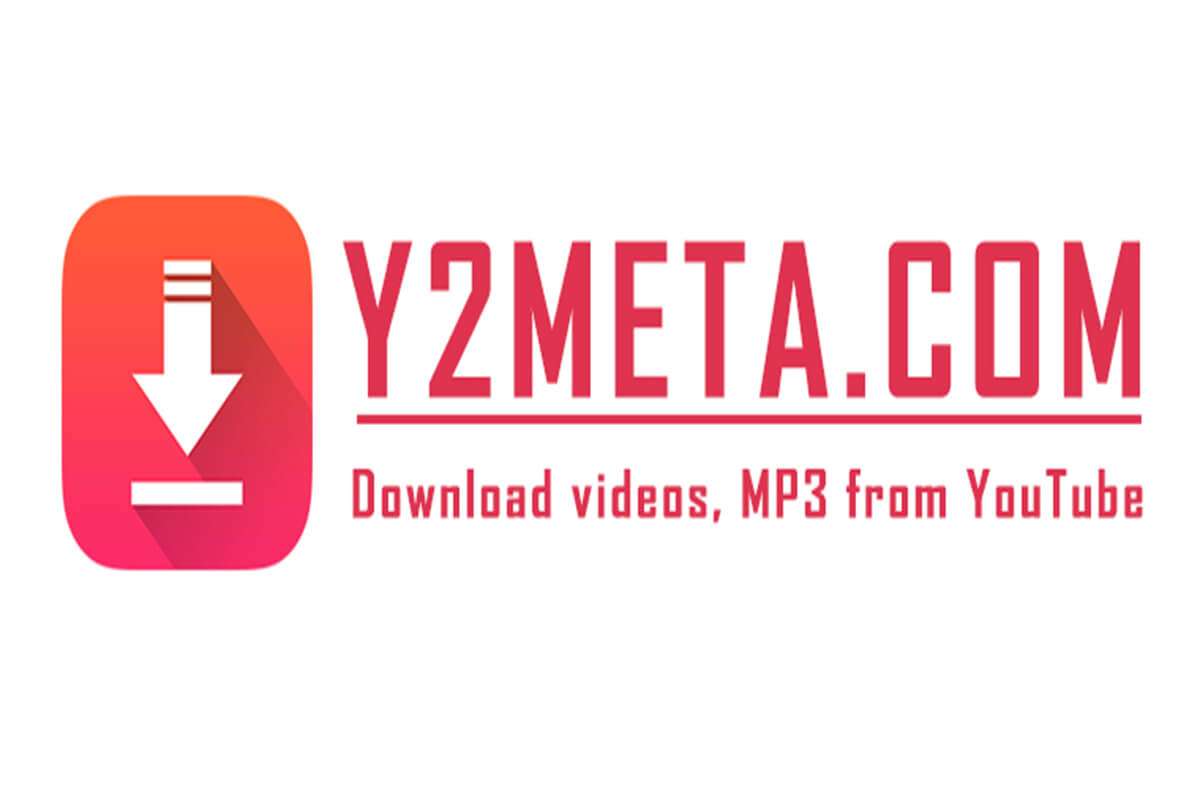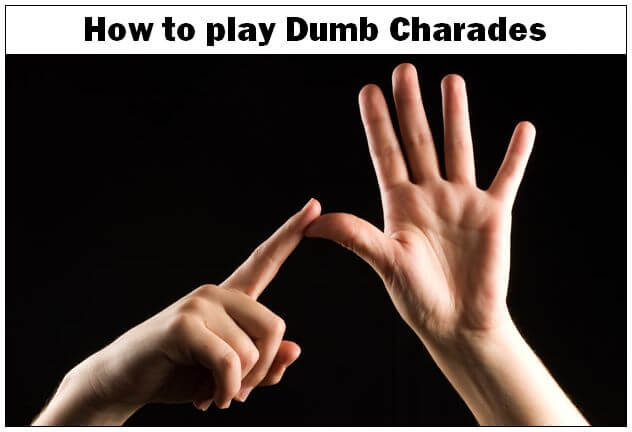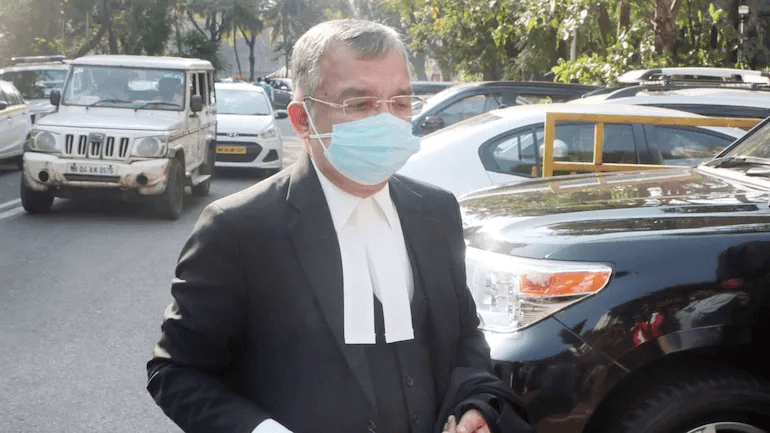When you hire a musician to produce your music, you often need to be able to use your music in a variety of outlets. Some of these outlets may not be allowed by copyright laws. Or you may want to include other artists in your project with their creative input or samples. Licensing your stream live music is crucial. This is why:
Table of Contents
They are a Lucrative Avenue of Revenue for Musicians
Licensing music involves negotiating with content producers, publishers, and songwriters to use the piece. The musicians will receive an upfront payment and royalties once the film or television show is distributed.
While the process is not as lucrative as selling music to labels, it can provide a decent discovery platform for artists who have yet to break through to the mainstream.
In the past, musicians were hesitant to collaborate with brands. Today, brand partnerships are increasingly popular, giving musicians a platform to endorse products while earning a portion of the revenue generated by advertisements.
Creates a Partnership between You and Third-party licensing Agencies
If you’re a music creator, you may have heard of the benefits of using a third-party licensing agency to get the most out of your music project. These agencies can pitch your music to music supervisors, negotiate licenses, and handle the payments.
Since they have connections in the industry, they can also offer advice on lyrical prompts and demos and other team members. Plus, they can act as an emotional buffer with music supervisors and get you access to more opportunities than you’d get on your own.
Also, Check – A Detailed Guide on Y2metacom and Why It Is Popular
Sync Licenses Enhance the Mood, Feel, and Appeal of Visual Media
Sync licenses are agreements between two parties that stipulate the appropriate use of music in visual media. The music and visual content must complement each other and appeal to prospective buyers.
Music supervisors work to obtain the composition rights from the composers and publishers of visual media and ensure that they are used as intended. They must work within the budget of the film or video and the director’s vision. Many music supervisors are composers themselves.
Licensing works well with all types of music, not just classical. Unlike classical and opera music, which are both outdated and inefficient, all genres of music have a place in sync licensing. Music supervisors take pride in their taste and know how to choose the perfect song for a particular project, and some even choose a song from their entire catalog.
They Generate Upfront Fee
The benefits of licensing music for a project are numerous. In addition to the upfront fee, you can earn public performance royalties if your project is successful. Music licensing is a highly profitable business, and over nine million musicians and composers earn royalties each year.
They Collect Public Performance Royalties
To play your music, you need to license it first. If you play the music in a public place, like a bar, a restaurant, a concert venue, or even a radio broadcast, you will need to pay the appropriate royalties to the artists. But, if you’re creating a royalty free music by genre project, it can be not easy to find and pay for a license.
Licensing Your Music Allows You to Customize How You Use the Music
When you purchase an exclusive music license, you have the option to customize how you use the music. This is an advantage for many musicians, but it also has some disadvantages.
For example, if you are trying to get an album published, you will be unable to make use of your work if you are not the exclusive publisher. Also, you may not be able to promote your work if the publisher doesn’t want your work to be used anywhere.
Also, Check – Amal Sufiya Biography
Conclusion
When you license music, you’re allowing yourself to improve the overall quality of your project. Whether it’s a music library for a podcast or a video for clients, customers will always perceive your product as higher quality with proper licensing if your budget allows it. If a customer enjoys hearing a familiar tune in the background, they’ll associate the positive feelings from that tune with your content; this can boost the all-important conversion rate and make that extra purchase. So whether you’re an aspiring artist creating something great for yourself or a marketing manager trying to earn your bonus check, proper licensing is something all creators should look into.
















